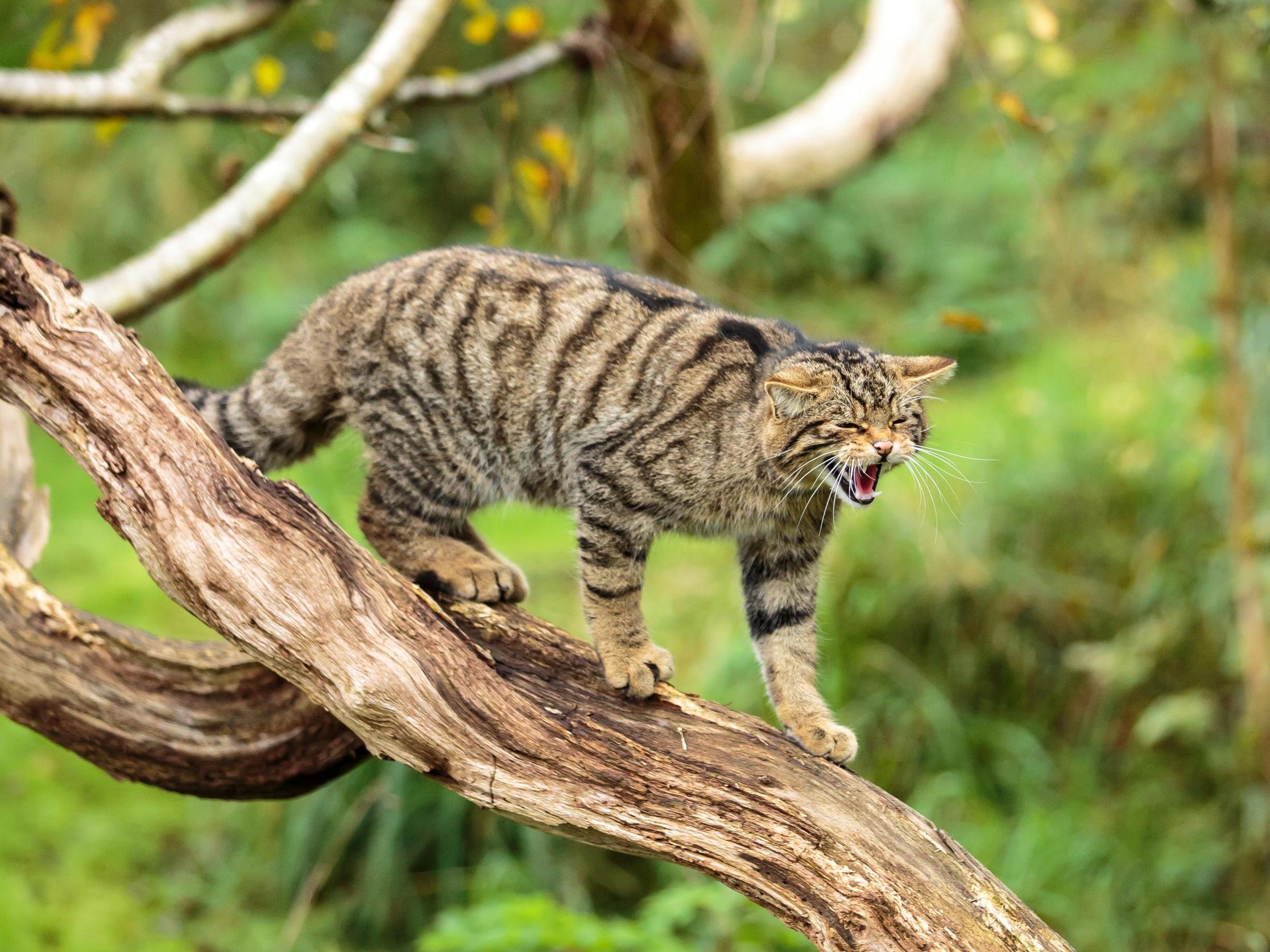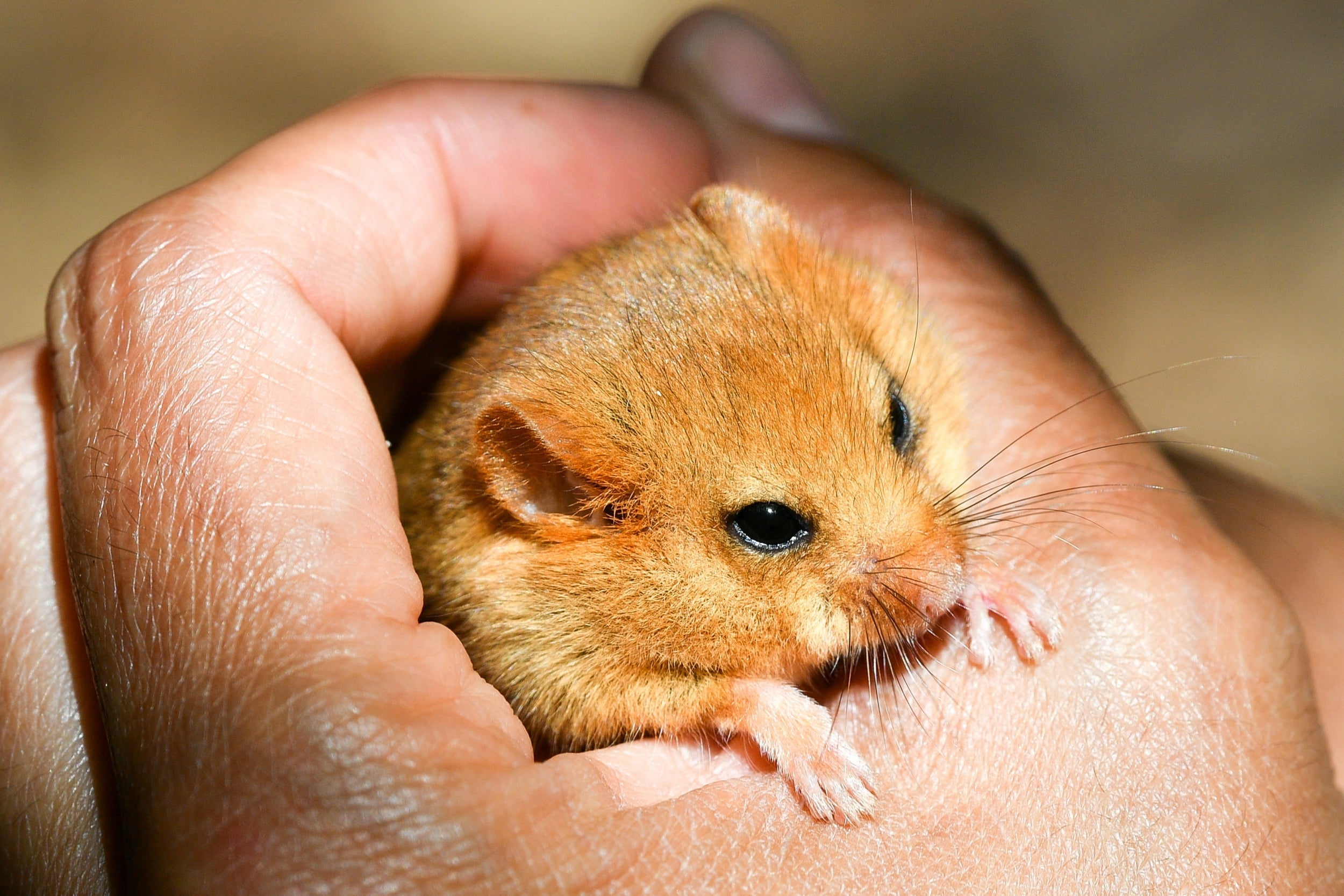Biodiversity crisis: Quarter of UK’s mammals at risk of extinction, first official red list for country reveals
Wildcats, red squirrels and beavers among most threatened animals

Your support helps us to tell the story
From reproductive rights to climate change to Big Tech, The Independent is on the ground when the story is developing. Whether it's investigating the financials of Elon Musk's pro-Trump PAC or producing our latest documentary, 'The A Word', which shines a light on the American women fighting for reproductive rights, we know how important it is to parse out the facts from the messaging.
At such a critical moment in US history, we need reporters on the ground. Your donation allows us to keep sending journalists to speak to both sides of the story.
The Independent is trusted by Americans across the entire political spectrum. And unlike many other quality news outlets, we choose not to lock Americans out of our reporting and analysis with paywalls. We believe quality journalism should be available to everyone, paid for by those who can afford it.
Your support makes all the difference.One quarter of the UK’s native mammals are classified as being at “imminent risk of extinction” and conservationists are calling for urgent action to save them, as the first official Red List for British mammals has been published.
The new list was put together by the Mammal Society and has received authorisation from the International Union for the Conservation of Nature (IUCN). It reveals 11 of the 47 mammals native to Britain are on the brink of extinction, while a further five species are classified as “near threatened”.
Among those species listed as being at risk of extinction in Britain are the water vole, hedgehog, hazel dormouse, wildcat and the grey long-eared bat.
The European wolf is already extinct in the UK.
The reasons for the declines vary between species, the researchers said.
Many animals such as the wildcat, pine marten, and beaver have been subjected to extensive historical persecution.
For bats and the hazel dormouse, habitat loss is the main threat, while the water vole, red squirrel and Orkney vole suffer from the combined effects of habitat degradation and the introduction of non-native species.
Fiona Mathews, Mammal Society chair and Professor at the University of Sussex, led the report. She said: “The new Red List provides a very clear basis for prioritising funding and conservation efforts for the future.
“Twenty species – those classed as threatened, near threatened, and data deficient – all need urgent attention. While we bemoan the demise of wildlife in other parts of the world, here in Britain we are managing to send even rodents towards extinction.”
She added: “Things have to change rapidly if we want our children and grandchildren to enjoy the wildlife we take for granted.”
The UK is one of the world’s most nature-depleted countries. The report says recovery for populations of declining species, as well as ensuring the survival of other creatures, will depend on returning large areas of land to nature.

Natural England chair Tony Juniper said: “This is a wake-up call, but it is not too late to act. We are working with our partners to recover our threatened and widely loved mammals, including licensing the reintroduction of beavers into England, and supporting the recovery of dormice and the grey long-eared bat, but there is so much more to do.
He added: “Central to the recovery of these and other creatures will be the protection and restoration of large areas of suitable habitat, including through the creation of a vibrant and wildlife-rich Nature Recovery Network, enabling populations of rare animals to increase and be reconnected with one another.”
The authors said reintroductions can offer hope for some species – reintroductions of beavers have been successful, with the animals readily breeding in the wild; and translocations of pine martens from Scotland, where over 98 per cent of the British population is found, have boosted populations in Wales.
Nevertheless, the animals will only cease to be classed as threatened once their populations are much larger and better connected.
But reintroductions are not a solution for most other threatened species because the causes of their declines have not been addressed.
“Instead, fundamental change is needed in the way we manage our landscapes and plan future developments, so that we provide the space and habitat needed for our wildlife to thrive,” the authors said.
Here is the list in full:
Critically endangered:
Wildcat
Greater mouse-eared bat
Endangered:
Beaver
Red squirrel
Water vole
Grey long-eared bat
Vulnerable:
Hedgehog
Hazel dormouse
Orkney vole
Serotine bat
Barbastelle bat
Near threatened:
Mountain hare
Harvest mouse
Lesser white-toothed shrew
Leisler’s bat
Nathusius’ pipistrelle
Extinct:
European wolf
The Red List for British Mammals has been produced by the Mammal Society on behalf of Natural England, Natural Resources Wales, Scottish Natural Heritage (NatureScot) and the Joint Nature Conservation Committee.
Join our commenting forum
Join thought-provoking conversations, follow other Independent readers and see their replies
Comments